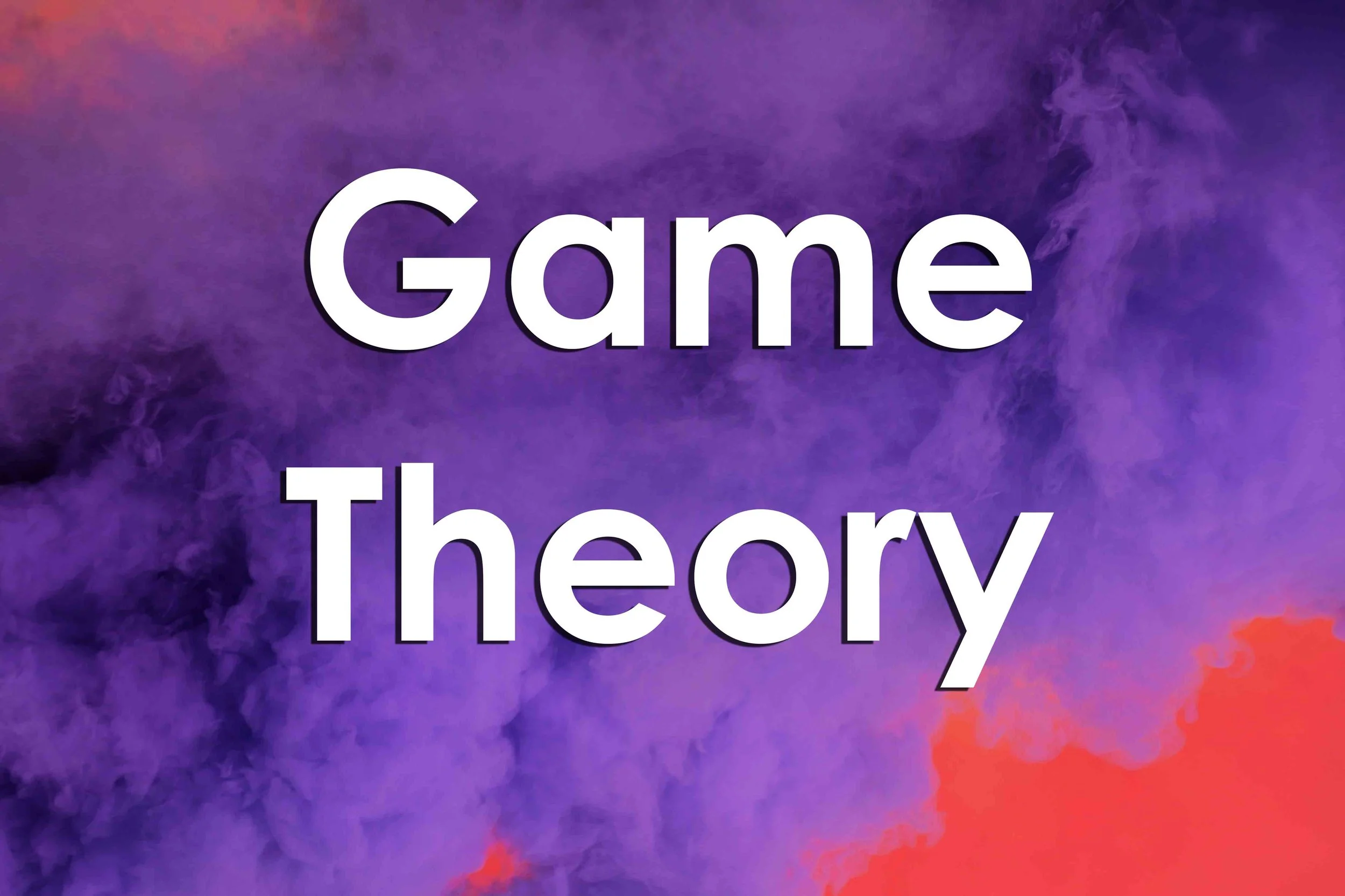Game Theory
Game Theory
Game Theory
February 5, 2018
By Avinash Dixit and Barry Nalebuff
Summary
Like the general, a game player must recognize his interaction with other intelligent and purposive people.
The essence of a game is the interdependence of player strategies.
A general principle for a player in a sequential-move game is to look ahead and reason back.
Although the players act at the same time, in ignorance of the others' current actions, each must be aware that there are other players who are similarly aware, and so on.
We look for a set of choices, one for each player, such that each person's strategy is best for him when all others are playing their stipulated best strategies.
It is often thought that the application of game theory requires all players to be hyperrational.
Such cooperative behavior can be achieved in repeated plays of the game because the temporary gain from cheating can be outweighed by the long-run loss due to the breakdown of cooperation.
Reference
Nalebuff, B., & Dixit, A. (2018, February 5). Game theory. Retrieved September 9, 2022, from https://www.econlib.org/library/Enc/GameTheory.html


